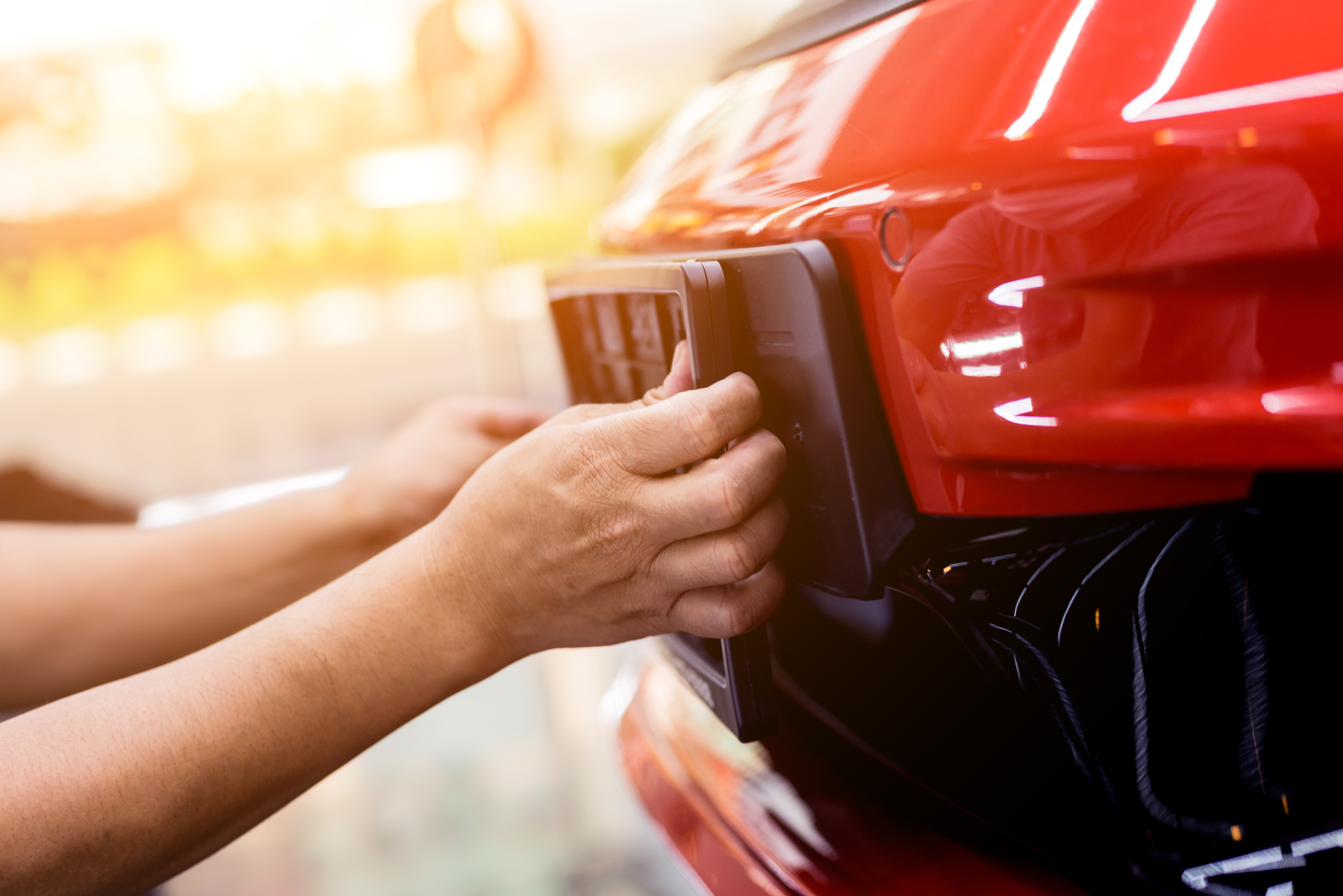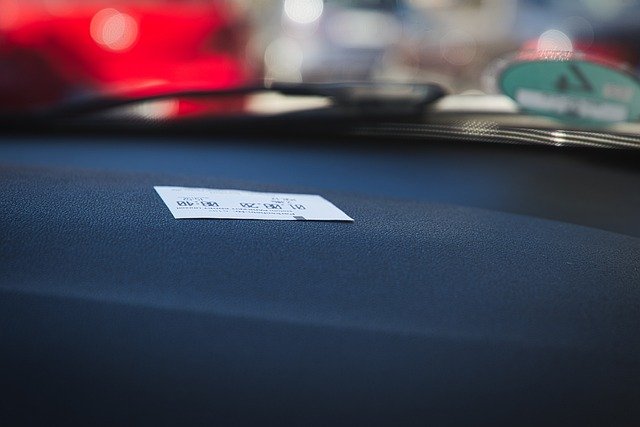Affordable Vehicles at Police Auctions: What to Know Before Bidding
Police impound auctions offer a path to vehicle ownership that’s often overlooked. These events typically include cars that were seized, abandoned, or towed, and are released for public bidding at various stages of condition. Understanding how these auctions operate—and the hidden aspects that can affect overall costs—can help individuals make more informed decisions. From estimating repair expenses to reviewing auction terms, this guide explores considerations some overlook before bidding. Looking at what past buyers examine and how vehicles are assessed may offer helpful context before approaching an auction environment.

How Do Police and Government Vehicle Auctions Work?
Police auctions typically feature vehicles that have been impounded, seized during criminal investigations, or abandoned on public property. Government auctions may include surplus fleet vehicles from various agencies. These auctions operate on an “as-is” basis, meaning the vehicles are sold without warranties or guarantees. Most auctions require registration beforehand, and payment is often expected immediately after winning a bid, typically through cash, cashier’s check, or money order.
The bidding process varies between in-person and online formats. In-person auctions create a competitive atmosphere where prices can escalate quickly based on crowd excitement. Online auctions, meanwhile, offer convenience but may limit your ability to physically inspect the vehicle. Understanding the specific rules and requirements of the auction you plan to attend is crucial for a successful experience.
Why Are Vehicle History Reports Essential for Auction Purchases?
A vehicle history report is arguably the most important research tool when considering an auction purchase. These reports reveal critical information about a vehicle’s past, including accidents, title status, odometer readings, and service records. For impounded or repossessed vehicles with potentially complicated histories, this documentation becomes even more valuable.
Most auction listings provide the vehicle identification number (VIN), which you can use to purchase a vehicle history report from services like Carfax or AutoCheck. This small investment—typically $25-40—can save thousands by revealing hidden problems. Pay special attention to title status, as vehicles with salvage, rebuilt, or flood titles may have significant mechanical issues and could be difficult to insure or resell later.
What Hidden Costs Should You Budget for Beyond the Winning Bid?
The winning bid amount is just the beginning of your financial commitment when purchasing at auction. Hidden costs can significantly impact the total investment and should be factored into your bidding strategy. First, most auctions charge buyer’s premiums ranging from 5-10% of the hammer price. Additional fees may include documentation, title transfer, and storage fees if you cannot take immediate possession.
Transportation costs present another consideration, as many auction vehicles cannot be driven immediately. You may need to arrange and pay for towing or transportation services. Most importantly, budget for repairs—auction vehicles frequently require mechanical attention before they’re roadworthy. Having a professional mechanic inspect the vehicle before bidding (when possible) can help estimate these potential expenses.
What Are the Insurance Challenges with Impound Auction Vehicles?
Securing insurance for vehicles purchased at police auctions can present unique challenges. Impound car insurance may be more difficult to obtain or more expensive than coverage for traditionally purchased vehicles due to uncertainties about the vehicle’s condition and history. Some insurers may hesitate to provide comprehensive coverage for auction vehicles without documentation of a thorough mechanical inspection.
Before bidding, contact your insurance provider to discuss coverage options and requirements for auction purchases. They may request additional documentation beyond what’s typically required. Some insurers specialize in coverage for as-is car sales and auction purchases and might offer more favorable terms. Having insurance arranged before taking possession of your auction vehicle is essential for legal operation and financial protection.
What Should You Look for During Pre-Auction Vehicle Inspection?
The pre-auction inspection represents your best opportunity to evaluate a potential purchase. Most auctions allow a preview period where bidders can examine vehicles, though starting or test-driving them is typically prohibited. During this critical inspection, look beyond cosmetic issues to identify potential mechanical problems.
Check fluid levels and look for leaks underneath the vehicle, examine tire wear patterns that might indicate alignment issues, and inspect the engine compartment for signs of damage or poor maintenance. Interior damage can provide clues about how the vehicle was treated by previous owners. Bring a flashlight, mirror, and gloves to facilitate a thorough inspection. If you’re not mechanically inclined, consider bringing a trusted mechanic or experienced friend to help identify potential problems that could become expensive repairs.
How Do Budget Used Cars from Auctions Compare to Traditional Dealerships?
Auction vehicles can offer significant savings compared to dealership purchases, but this comparison varies widely depending on specific vehicles and conditions.
| Purchase Source | Average Price Discount | Warranty | Financing Options | Condition Assurance |
|---|---|---|---|---|
| Police Auctions | 30-70% below retail | None | Limited/None | As-is only |
| Dealer Used Cars | 0-20% below retail | Limited | Extensive | Certified options |
| Private Party | 10-30% below retail | None | Limited | Varies widely |
| Rental Fleet Sales | 15-25% below retail | Some | Available | Well-maintained |
Prices, rates, or cost estimates mentioned in this article are based on the latest available information but may change over time. Independent research is advised before making financial decisions.
The primary advantage of auction purchases is price—budget used cars from auctions typically cost substantially less than comparable dealership vehicles. However, this discount comes with tradeoffs. Dealerships typically recondition vehicles before sale, offer financing options, and may provide limited warranties. Auction vehicles come with no such assurances and are strictly as-is car sales with all associated risks.
For buyers with mechanical knowledge or access to affordable repairs, auction vehicles can represent exceptional value. Those without such resources might find the dealership premium worthwhile for the added security. The most successful auction buyers understand both the potential savings and the additional responsibilities of purchasing vehicles through this alternative channel.
What Legal Considerations Apply to Auction Vehicle Purchases?
After winning an auction bid, buyers face several legal requirements before legally operating their vehicle. Title transfer procedures vary by state but generally require completing paperwork and paying applicable taxes and fees. Some auction vehicles may have complicated title situations that require additional documentation or steps to resolve.
Registration requirements also vary by location but typically involve providing proof of insurance, completing forms, and paying fees. Buyers should research their local requirements before bidding to ensure they can properly document and register their purchase. Additionally, understand that as-is car sales provide virtually no legal recourse if problems emerge after purchase, unlike dealer sales which may be subject to implied warranty laws in some jurisdictions.
Careful preparation, thorough research, and realistic expectations are the keys to successful auction vehicle purchases. While the process involves more risk than traditional buying methods, the potential rewards in terms of savings make police and government auctions worth considering for budget-conscious consumers willing to do their homework.




